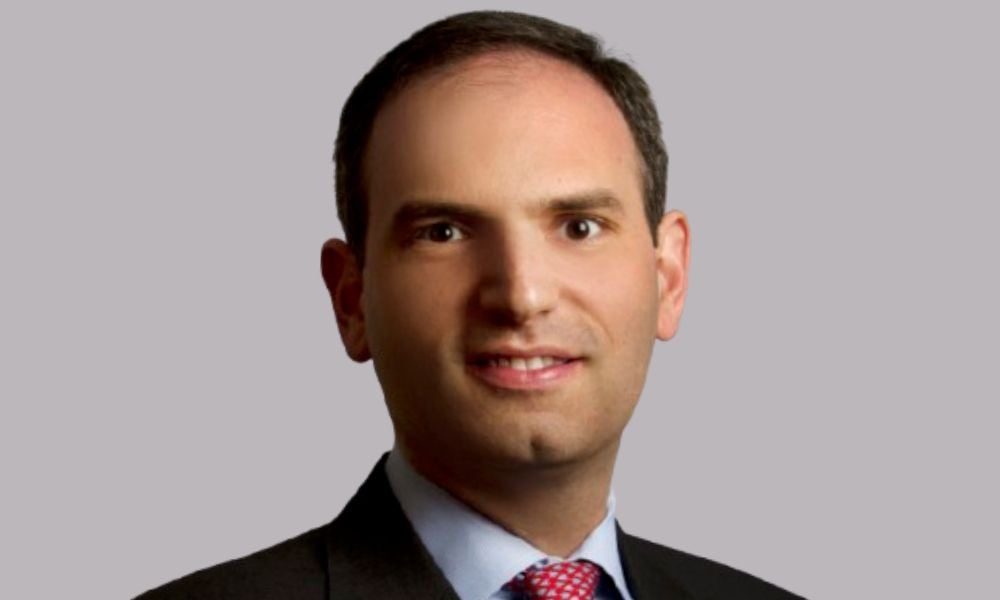

Cash sweep account options have long been a source of contention.
These programs, used by major broker-dealers as a short holding place for client cash that is between investments, are often criticized for prioritizing profits. Recently, Fidelity began notifying RIAs that it will default all non-retirement cash to its in-house option, FCASH.
Beginning in 2025, RIAs partnered with Fidelity will find sweep account cash going from money market funds to FCASH.
That decision adds to the recent dilemmas of cash sweep practices. Industrywide, companies have been criticized for having low rates in their sweep options while benefiting from margin loans they make and the spreads they retain from that cash. There have been numerous lawsuits filed over the issue, and companies have responded to the pressure by increasing the rates they pay clients for those cash positions.
Last year, Fidelity disclosed that FCASH, which has a much lower yield than money market funds, would become the only available option for RIAs’ non-retirement core sweep accounts.
“To provide consistency for our advisor clients, custody non-retirement brokerage accounts will convert and default into FCASH as the core sweep position, beginning in 2025,” a Fidelity spokesperson said in an email. “The FCASH rate is 2.32 percent as of Nov. 8, 2024.”
Advisors who prefer other cash options for their clients continue to have access to a wide array of cash management choices with the ability to transact directly from those cash management vehicles, the spokesperson said.
For decades, the broker-dealer business has used cash sweep programs as a way to assure clients that they can feel comfortable keeping all their cash in one place, said Gary Zimmerman, CEO and founder of MaxMyInterest, a high-yield cash management service. But “the irony is that whenever you see any of these other cash solutions, they're all fundamentally flawed.”
“They're either in use because people don't know that there's a better option, or because there's greed in the middle of someone who wants to take a scrape,” Zimmerman said.
Traditional cash sweep programs use an omnibus account structure that commingles client funds, Zimmerman said. There could be some risks if there are issues with the intermediary's ledger or technology, he said.
On the surface, cash sweep accounts were made so clients could feel comfortable keeping all of their cash in one spot and brokerages would parcel it out across multiple banks, allowing them to be fully FDIC insured, he said.
But there's another reason for these programs, he said.
“It's such a big profit center that for most broker-dealers, the majority of the profit that they earn in their wealth management business comes not from equities, not from fixed income, but rather from the spread that they keep on client cash,” he said.
“They basically take these deposits, resell them to other banks at a high rate, then they give the client a lower rate and keep the spread in between for themselves,” said Zimmerman. “It’s a totally risk-free trade. If you think about it at a high level, they're basically just taking away the interest income that rightfully belongs to the client.”
A Fidelity spokesperson told InvestmentNews via email that that the company does not resell client deposits to other banks.
Fidelity's cash option, at its current rate of 2.32 percent, is significantly below the 4.27 percent available on the firm's government money market fund.
RIAs could seek alternative options that maximize yield for their clients' cash holdings.
Ryan Halliday, managing partner at Crewe Advisors, said that while the firm uses Fidelity as their custodian, he doesn’t expect the change to affect daily operations.
“We still have the ability to purchase money market funds, even if they force everything back to FCASH. We just have to make sure we're watching and paying attention,” he said.
“Every business gets to run their business the way they would like to run it, and Fidelity gets to make that choice. We'll just see how it flushes out in the end,” he said.
Citywire earlier reported on Fidelity's pending switch to FCASH for all non-retirement sweep assets.

Since Vis Raghavan took over the reins last year, several have jumped ship.

Chasing productivity is one thing, but when you're cutting corners, missing details, and making mistakes, it's time to take a step back.

It is not clear how many employees will be affected, but none of the private partnership’s 20,000 financial advisors will see their jobs at risk.

The historic summer sitting saw a roughly two-thirds pass rate, with most CFP hopefuls falling in the under-40 age group.

"The greed and deception of this Ponzi scheme has resulted in the same way they have throughout history," said Daniel Brubaker, U.S. Postal Inspection Service inspector in charge.
Stan Gregor, Chairman & CEO of Summit Financial Holdings, explores how RIAs can meet growing demand for family office-style services among mass affluent clients through tax-first planning, technology, and collaboration—positioning firms for long-term success
Chris Vizzi, Co-Founder & Partner of South Coast Investment Advisors, LLC, shares how 2025 estate tax changes—$13.99M per person—offer more than tax savings. Learn how to pass on purpose, values, and vision to unite generations and give wealth lasting meaning
